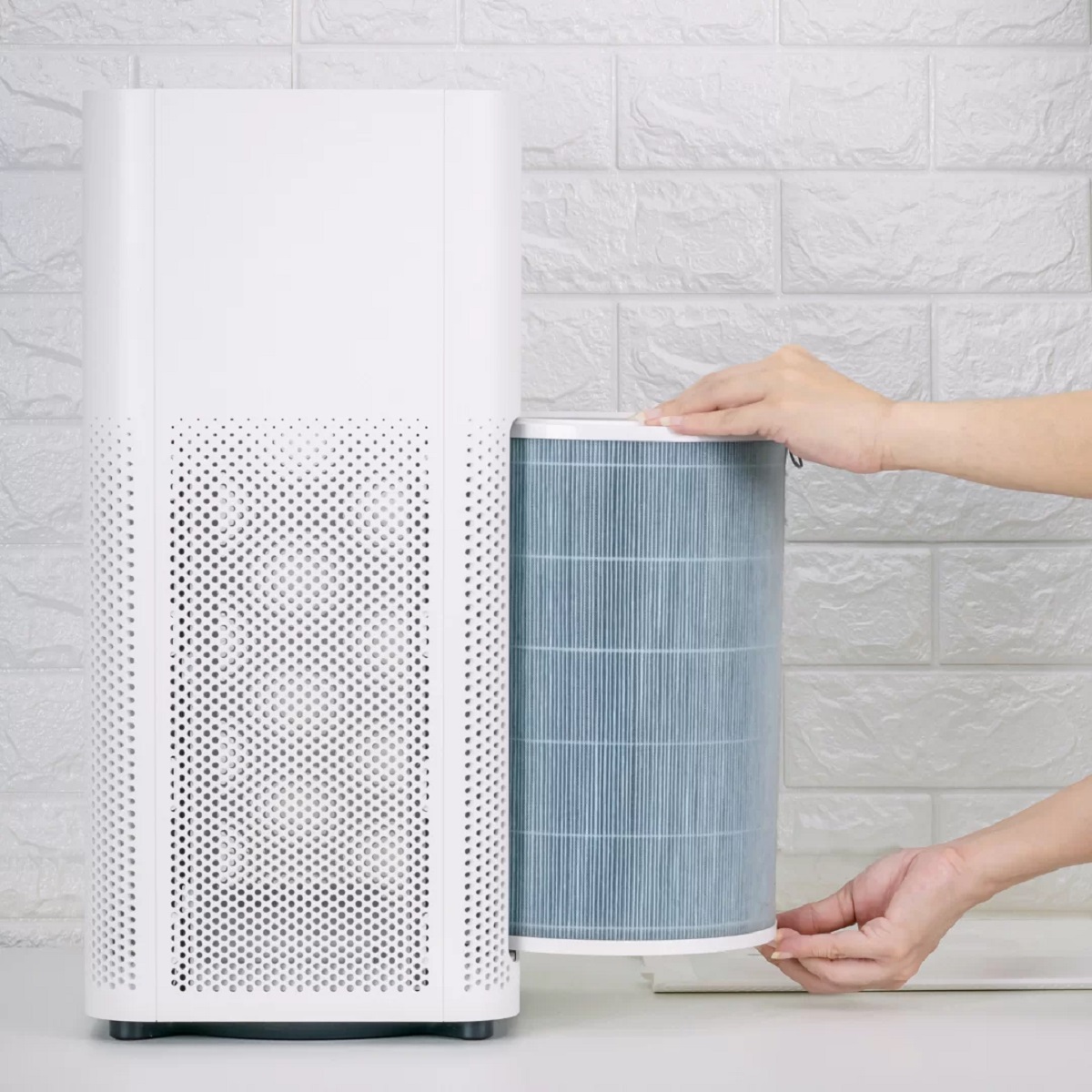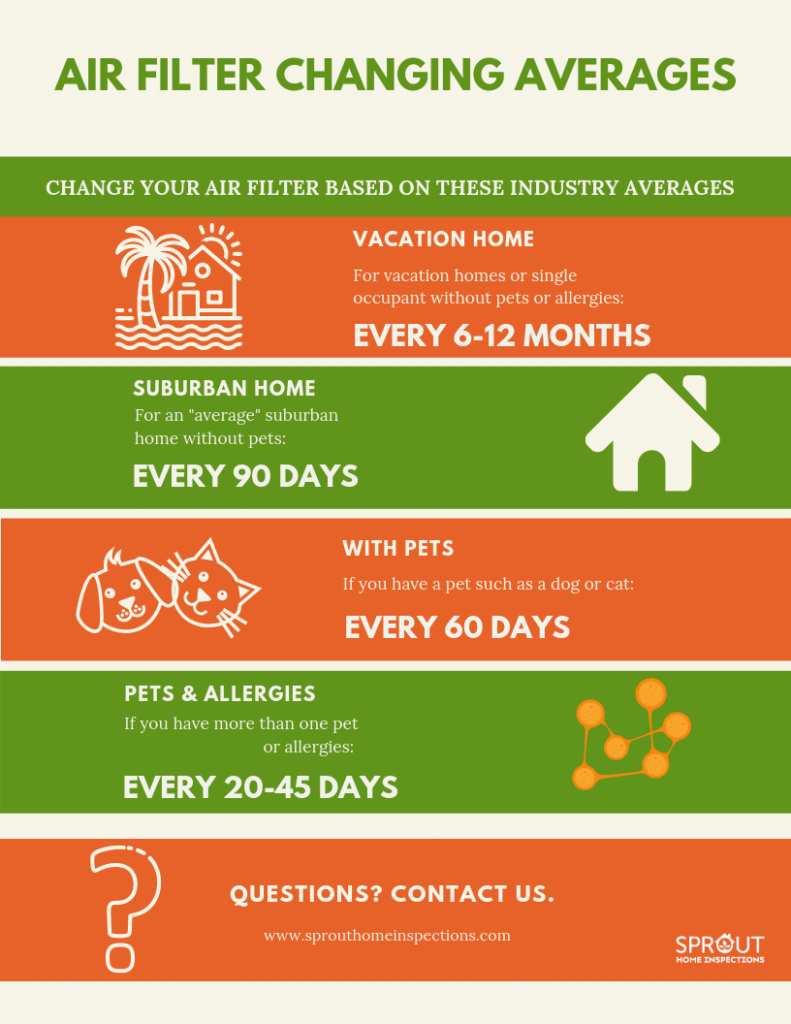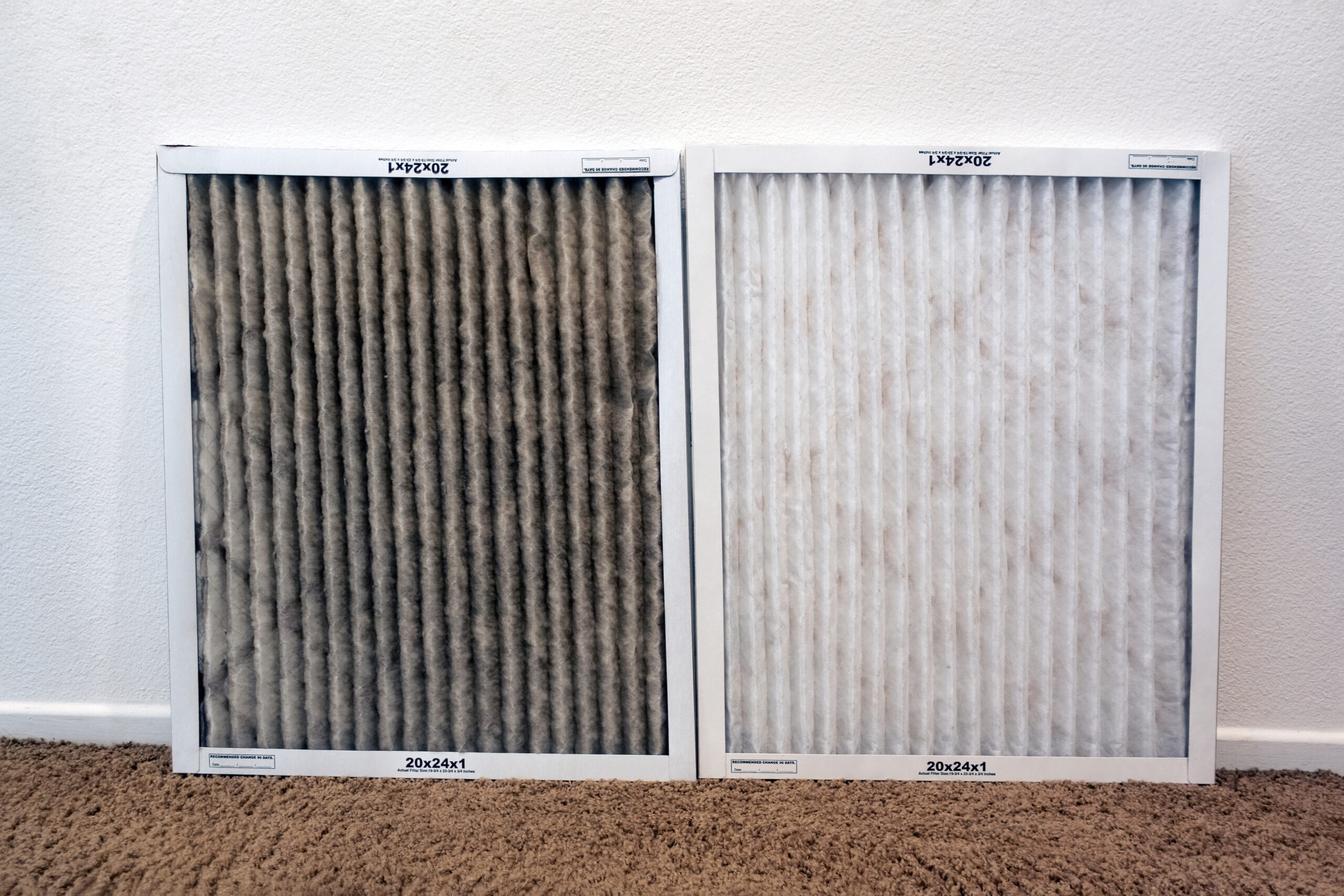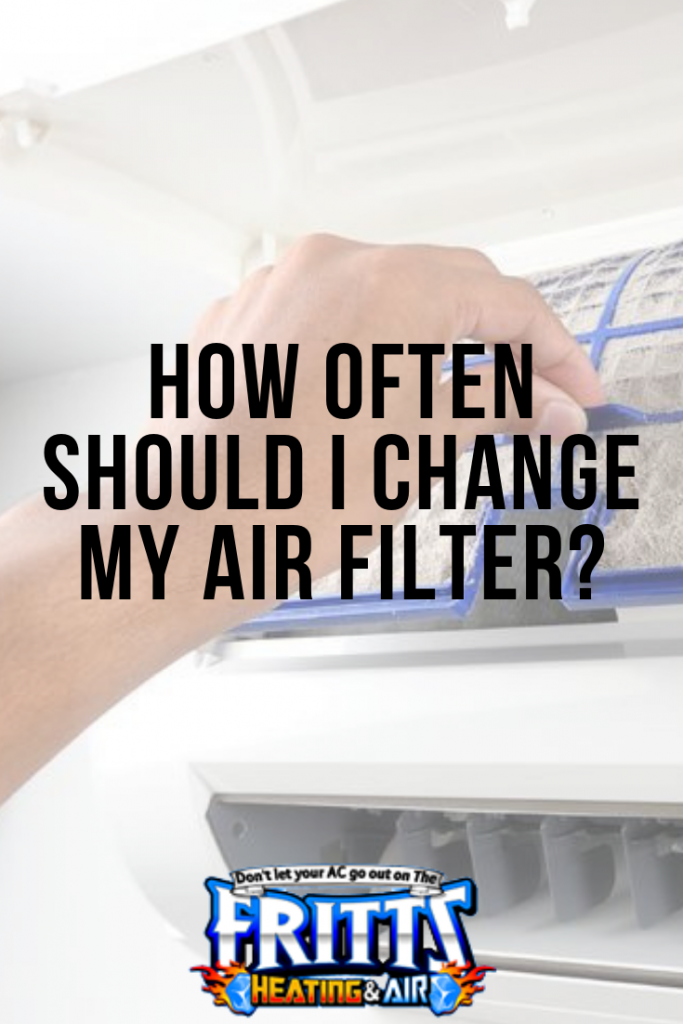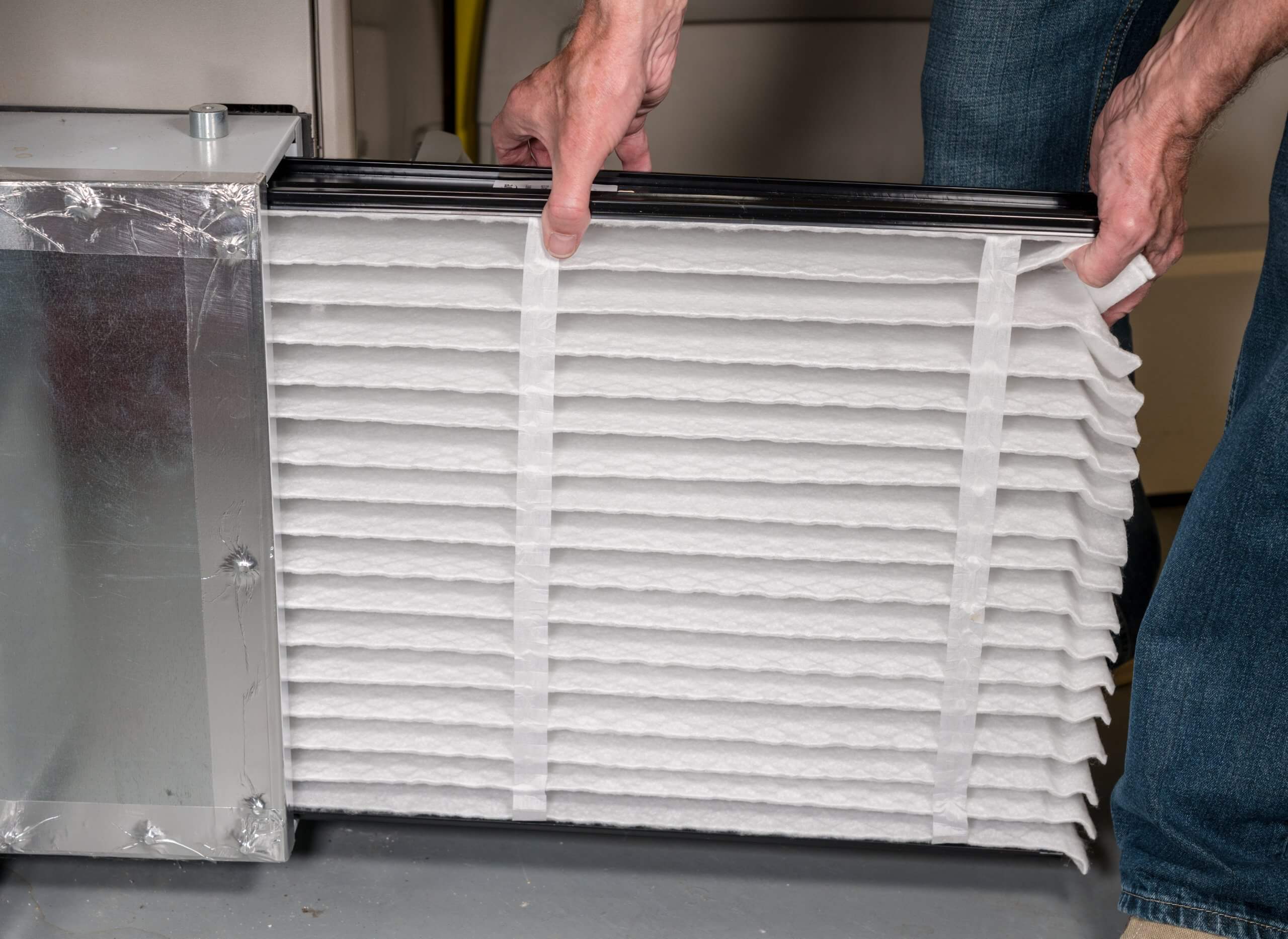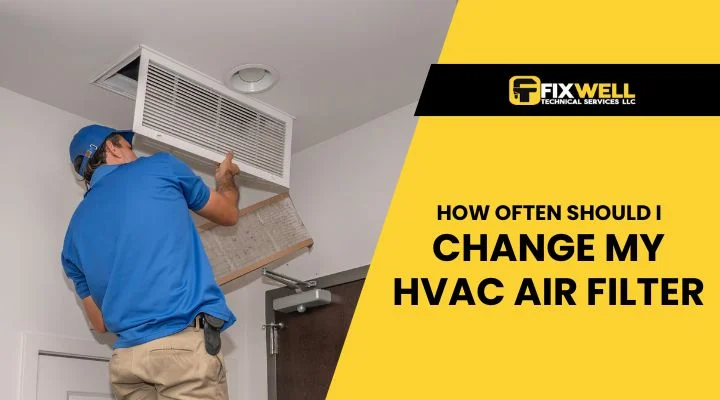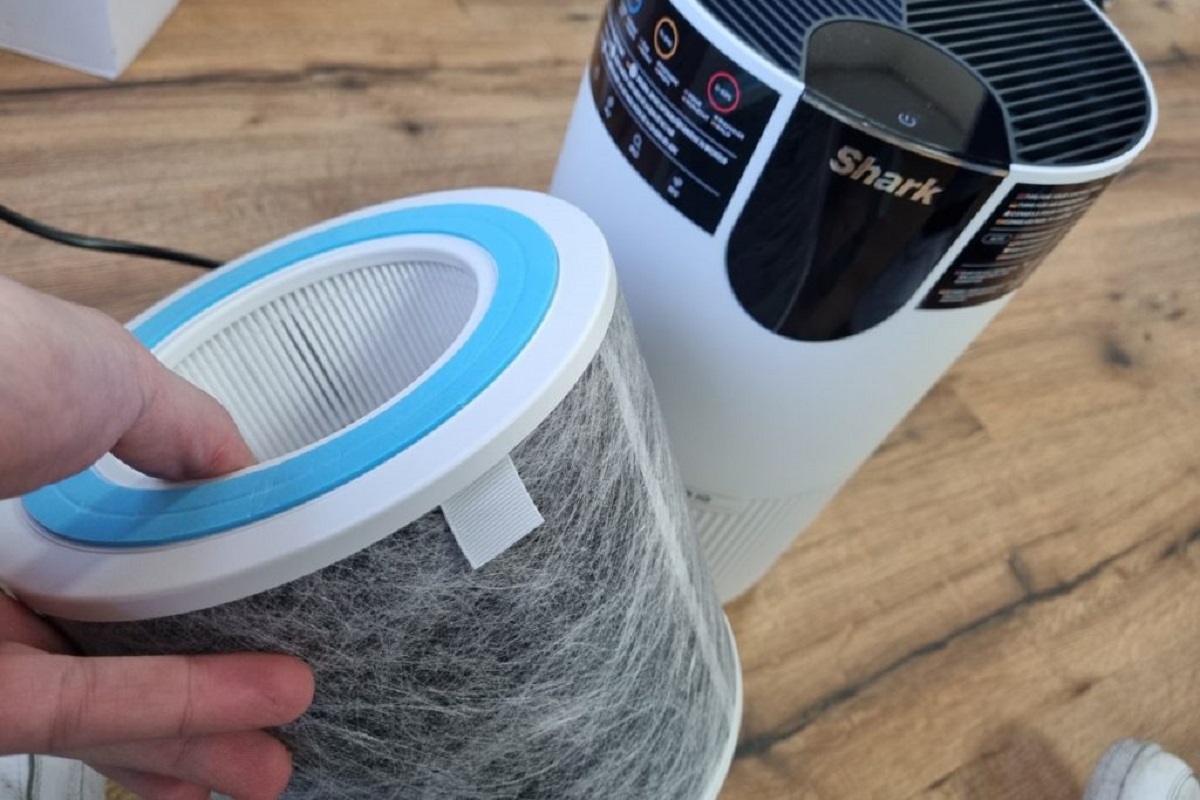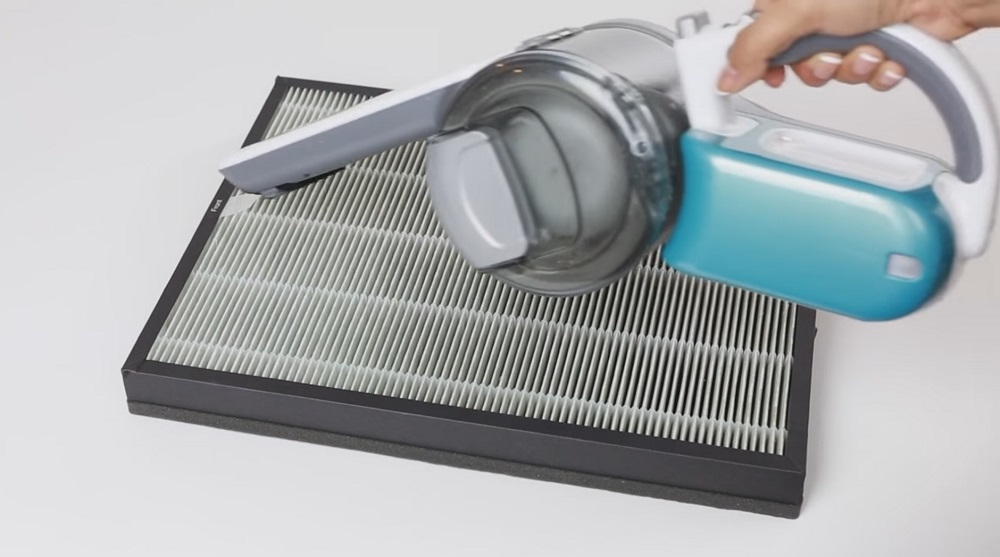How Often Should I Change My Air Purifier Filter
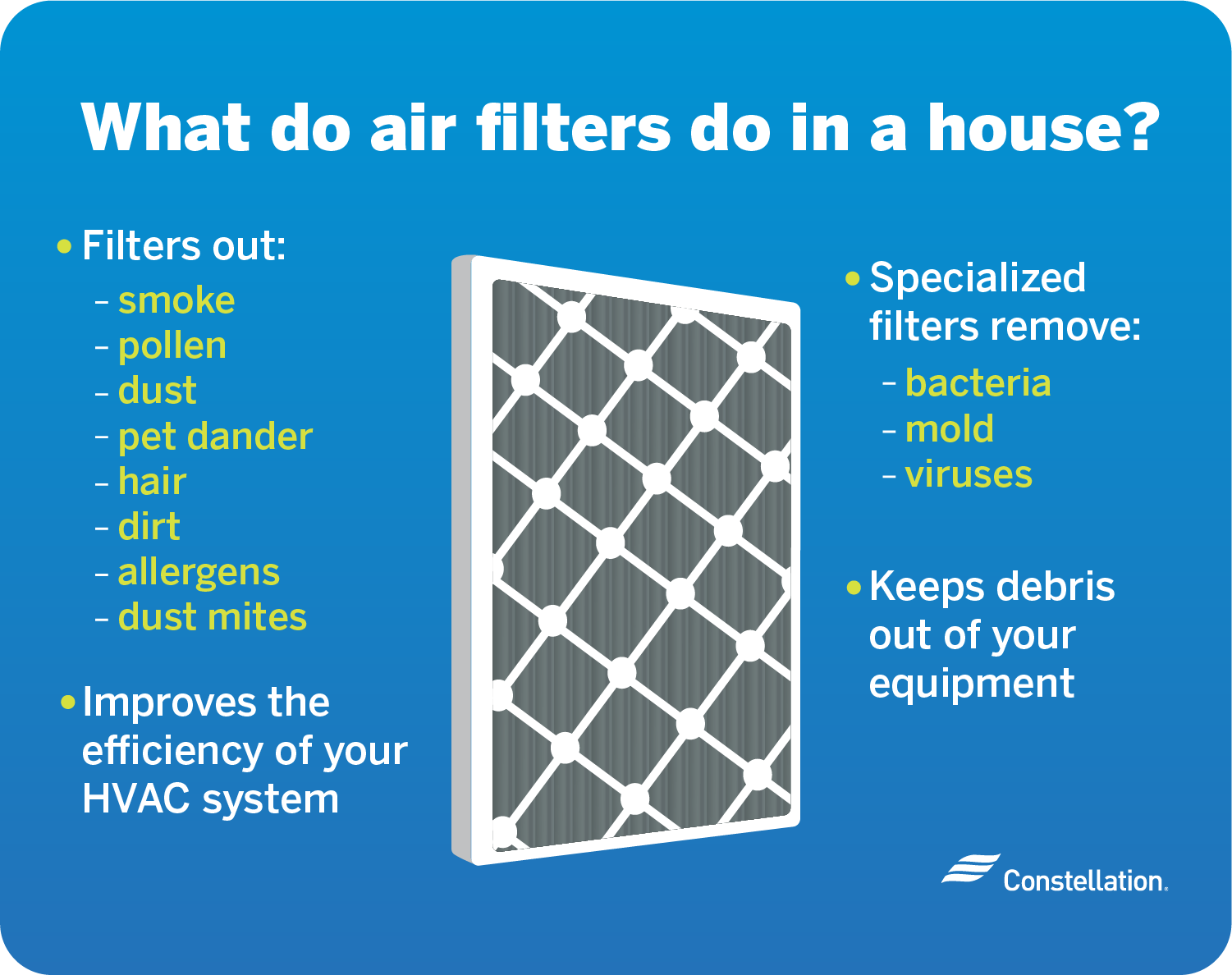
Imagine stepping into your home after a long day, the air crisp and clean, a stark contrast to the city smog you left behind. Your air purifier hums quietly in the corner, a silent guardian against allergens, dust, and other invisible irritants. But have you ever paused to wonder about the unsung hero within that sleek machine – the filter? And, more importantly, how often it needs a refresh to keep your indoor air pristine?
The frequency of air purifier filter replacement is crucial for maintaining air quality and the longevity of your device. While there’s no one-size-fits-all answer, understanding the factors that influence filter lifespan, such as the type of filter, environmental conditions, and usage habits, is essential for making informed decisions about your indoor air quality.
The Silent Workhorse: Understanding Air Purifier Filters
Air purifiers have surged in popularity in recent years, driven by increasing awareness of indoor air pollution and its impact on health. These devices work by drawing air in and passing it through one or more filters that trap airborne particles.
The effectiveness of an air purifier hinges on the condition of its filter. A clogged or saturated filter not only reduces the purifier's ability to clean the air but can also strain the motor, leading to premature failure.
There are several types of air purifier filters, each with its own lifespan and purpose:
- HEPA (High-Efficiency Particulate Air) filters: These filters are designed to capture at least 99.97% of particles 0.3 microns in diameter, including dust, pollen, pet dander, and mold spores.
- Activated Carbon filters: Primarily used to remove odors, gases, and volatile organic compounds (VOCs) from the air.
- Pre-filters: These are usually washable and capture larger particles like hair and dust, extending the life of the main filters.
HEPA Filters: The Gold Standard
HEPA filters are the workhorses of most air purifiers. According to the EPA (Environmental Protection Agency), true HEPA filters must meet stringent standards to qualify for the designation.
Most manufacturers recommend replacing HEPA filters every 6 to 12 months. However, this is just a general guideline, and the actual lifespan can vary significantly depending on several factors.
Activated Carbon Filters: Tackling Odors and Gases
Activated carbon filters are porous materials that absorb odors, gases, and VOCs. These filters typically have a shorter lifespan than HEPA filters, ranging from 3 to 6 months.
Once the carbon becomes saturated, it loses its ability to absorb pollutants, and the filter needs to be replaced.
Pre-filters: First Line of Defense
Pre-filters act as the first line of defense, capturing larger particles before they reach the more sensitive HEPA and carbon filters. Many pre-filters are washable and can be cleaned every month or two, depending on the dustiness of your environment. Regular cleaning extends the lifespan of other filters and maintains optimal air purifier performance.
Factors Influencing Filter Lifespan
Several factors can affect how frequently you need to change your air purifier filter.
- Air Quality: Homes with high levels of dust, pollen, pet dander, or smoke will require more frequent filter replacements.
- Usage: If you run your air purifier 24/7, the filter will likely need replacing sooner than if you only use it occasionally.
- Pet Ownership: Pets shed dander and hair, which can quickly clog air purifier filters.
- Smoking: Smoking indoors significantly increases the amount of particulate matter in the air, shortening filter life.
- Location: Homes in urban areas with higher levels of pollution may need more frequent filter changes.
Recognizing the Signs: When to Change Your Filter
Beyond following manufacturer guidelines, there are several telltale signs that your air purifier filter needs replacing.
Reduced airflow is a primary indicator. If the air purifier seems to be working harder but producing less airflow, the filter is likely clogged.
Visible dust and debris buildup on the filter are another clear sign. If you can see a thick layer of dust on the filter surface, it's time for a change.
Lingering odors can also indicate a saturated carbon filter. If you notice that your air purifier is no longer effectively removing odors, the carbon filter is likely spent. Also, increased allergy symptoms, like sneezing and coughing, are another sign.
Extending Filter Life: Practical Tips
While filter replacement is inevitable, there are several ways to extend the lifespan of your air purifier filter.
Regularly cleaning the pre-filter is one of the most effective ways to prolong the life of the main filters. Vacuuming or washing the pre-filter every month can significantly reduce the amount of dust and debris that reaches the other filters.
Vacuuming carpets and upholstery regularly can also reduce the amount of airborne dust and allergens. This helps to minimize the load on your air purifier and extend filter life.
Consider using your air purifier in the rooms where you spend the most time, such as the bedroom or living room. This can help to concentrate the air purification efforts and reduce the overall load on the filter.
Finally, proper ventilation is crucial. Opening windows periodically can help to dilute indoor air pollutants, reducing the strain on your air purifier.
Beyond Replacement: Responsible Disposal
Once you've replaced your air purifier filter, it's essential to dispose of the old one responsibly.
HEPA filters are not typically recyclable due to the trapped particles. Check your local waste management guidelines for proper disposal instructions.
Some manufacturers offer recycling programs for their filters. Check the manufacturer's website or packaging for details.
Investing in Clean Air
Maintaining your air purifier with regular filter changes is an investment in your health and well-being. By understanding the factors that influence filter lifespan and recognizing the signs that it's time for a replacement, you can ensure that your air purifier is always operating at peak performance.
The benefits of clean indoor air extend beyond simply breathing easier. Reduced exposure to allergens, dust, and pollutants can improve sleep quality, reduce allergy symptoms, and even boost cognitive function.
So, take a moment to check your air purifier filter. A small investment in a new filter can make a big difference in the quality of your indoor air and your overall health.





